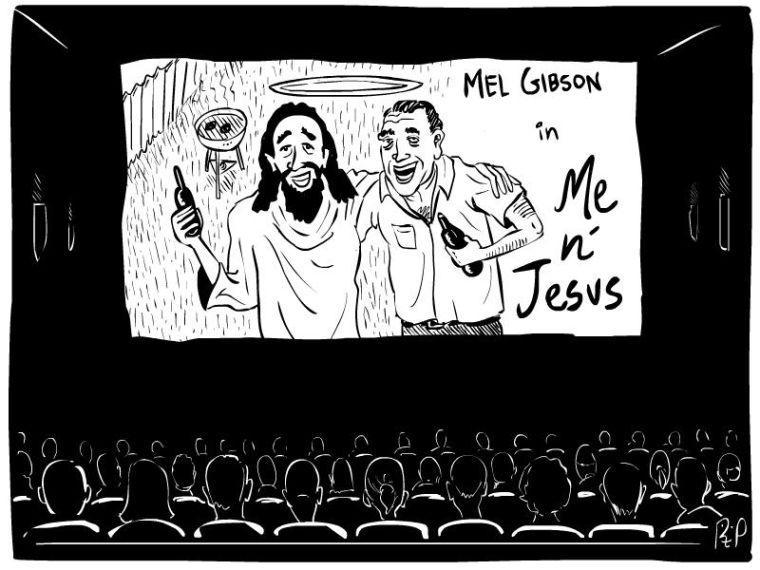These days, America is equally red and blue, Republican and Democratic, conservative and liberal.
Not in the movies, though.
Movieguide, an arm of the Christian Film & Television Commission ministry, released last week a 2011 box office analysis asserting “conservative” films are five times more profitable than “liberal” ones.
It’s not an altogether astonishing discovery, as Entertainment Weekly blogger Jeff Labrecque wrote last week.
“If a studio is going to spend $200 million to produce and market a blockbuster movie, the script will likely take great care to deliver a reassuring, crowd-pleasing experience that doesn’t rock anyone’s boat,” he reasoned.
Nonetheless, the conservative movie watchdog’s 76-page report does beg the question: What exactly makes a film liberal or conservative?
I don’t even know if Mitt Romney is liberal or conservative, so I don’t dare presume to know the political leanings of the X-Men and the Muppets.
Movieguide categorizes films’ content as capitalistic or socialistic, for example. Films may be feminist, politically correct or pro-homosexual — or any other of Movieguide’s two dozen evaluative criteria.
Ultimately, Movieguide assigns films either of two badges: “Conservative/Moral” or “Liberal/Leftist.”
Which, apparently, is to say: “Liberal/Immoral.”
“What we find every single year is that movies with strong Christian content do better at the box office; movies with strong faith and values do better at the box office,” said Ted Baehr, Movieguide’s founder and editor.
Indeed, last year’s most family-friendly films — movies like “Extremely Loud & Incredibly Close” — averaged gross receipts of $40.7 million in the U.S. and Canada.
Comparatively, the least family-friendly movies — the ones with dick jokes, basically — only averaged gross receipts of $19.8 million. This includes films like “Bad Teacher.”
But isn’t such a disparity predictable? “Family-friendly” films aren’t age-restricted by the Motion Picture Association of America, meaning there are more potential audience members who can purchase tickets.
Anheuser-Busch’s sales aren’t going to outpace Coca-Cola’s, after all.
But in the face of this, “the average person wants movies that are not just entertaining, which is good,” Baehr said. “We look at the entertainment value, but [people] want movies with good triumphing over evil, and they want movies with faith and values.”
They want movies that suck, essentially.
Faith and values, of course, thrust “The Hangover Part II” to the all-time highest-grossing opening for a comedy film. Or “pagan” faith and “hedonistic” values, according to their report.
In turn, among the films heralded by Movieguide as “Conservative/Moral” are Oscar frontrunners “Hugo” and “The Artist.”
The former is a Martin Scorsese-directed adaptation of the Caldecott-winning book “The Invention of Hugo Cabret.” It’s not your typical Scorsese flick, though, with no violence and no amoral sociopathic lead.
Scorsese, of course, directed “The Last Temptation of Christ,” controversial for its depiction of Christ’s sexuality.
Faith and values, alright.
“The Artist” is French — i.e. socialist — director Michel Hazanavicius’s charming black-and-white silent film. It laments the demise of silent cinema and the rise of “talkies,” a historical phenomenon brought about by capitalism.
And if there weren’t already enough reason to be suspicious of the report, Movieguide also praises “Battle: Los Angeles.”
“The press may not get it, but the studios are getting it because more and more movies have strong faith and values,” Baehr said.
More and more movies suck, in other words.
Baehr’s right, but I don’t get it.
American cinema really hasn’t ever been political, unlike its European counterpart.
And it shouldn’t be politicized now.
Phil Sweeney is 25-year-old English senior from New Orleans. Follow him on Twitter @TDR_PhilSweeney.
____
Contact Phil Sweeney at psweeney@lsureveille.com
The Philibuster: American movies shouldn’t be politicized
February 17, 2012








